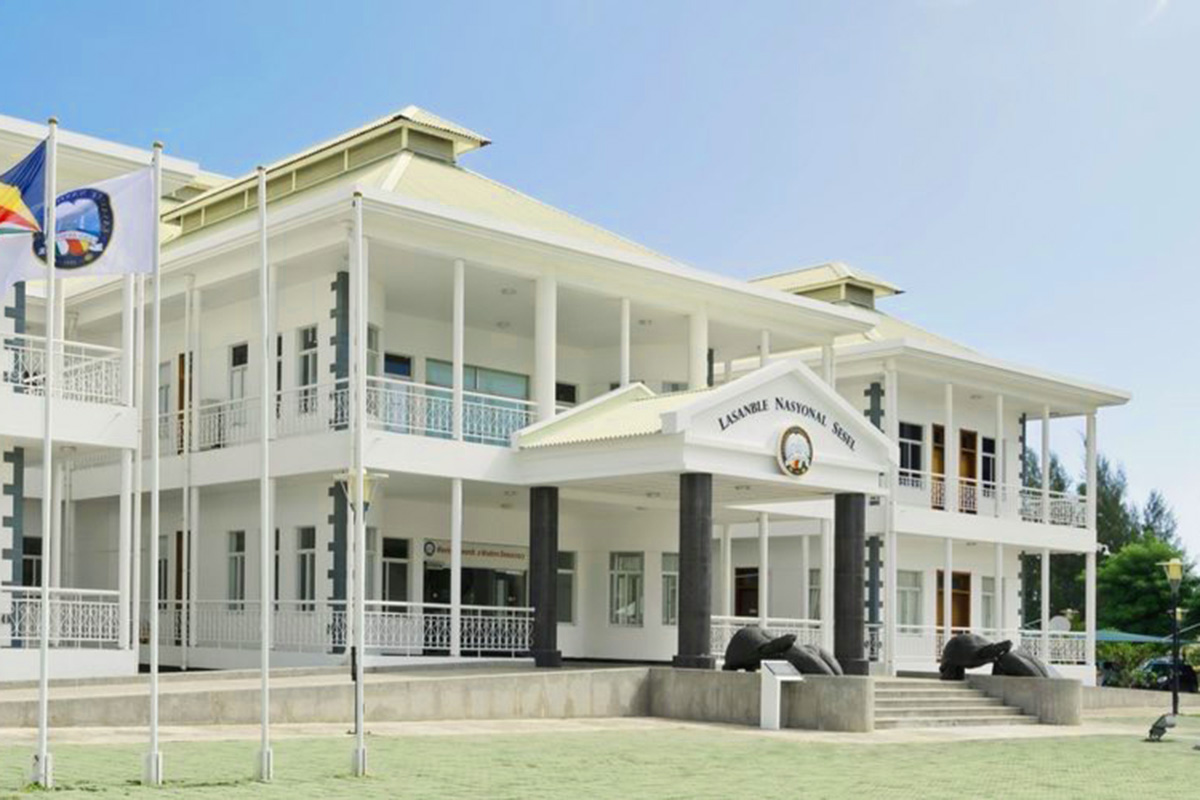Legal amendments boost Seychelles’ ability to recover illicit assets

A newly amended law in the Seychelles will enable our partners at the Anti-Corruption Commission of Seychelles (ACCS) to more effectively prosecute corruption and associated money laundering cases, as well as to seize and confiscate proceeds of crime.
Our International Centre for Asset Recovery (ICAR) contributed advice and recommendations to the Seychelles Government on the Anti-Corruption (Amendment) Act, 2022, which the Seychelles National Assembly approved in full on 19 May 2022.
Key changes
The new law amends the Anti-Corruption Act, 2016 to:
- Enable the ACCS to investigate and prosecute offences of conspiracy and attempt under the Penal Code. Without this amendment, the ACCS, created in 2016, could prevent, investigate, detect and prosecute substantive Penal Code offences of corruption or theft, for example, but not conspiracies or attempts to commit these offences.
- Allow the ACCS to prosecute offences of money laundering that occurred not only after the current Anti-Money Laundering and Countering the Financing of Terrorism Act, 2020 (2020 AML Act) came into force, but also while the previous 1996 and 2006 AML Acts were in force. It also enables the ACCS to apply for restraint of assets and confiscation under those previous laws.
- Clarify the offences created under Section 40 of the Anti-Corruption Act of conspiracy and attempt. The revised offences created are now coherent and in line with other similar offences under the Penal Code, using the same definitions.
Closing a money laundering loophole
In addition, the Anti-Corruption (Amendment) Act, 2022 has made an amendment to the 2020 AML Act to cure an important loophole.
Under the 2020 AML Act, as enacted, it was not possible to prosecute someone for money laundering where the property that they were laundering originated from a criminal offence that took place before the Act came into force. The amendment ensures that people can now be prosecuted for acts of money laundering that took place after this law came into force, even if the original criminal act that generated the money took place before that.
There were arguments that this was introducing a retrospective law. This is not the case, since it is the act of money laundering which is being prosecuted and not the criminal act that generated the money.
Why are these amendments significant?
In practice, the amendments enable the ACCS to:
- investigate and prosecute all offences of corruption, whenever they took place;
- prosecute linked offences of money laundering as well as conspiracies / attempts to commit offences;
- use the asset recovery powers which were available when the offences took place.
The extension of these powers to the ACCS means that suspects can be investigated and tried for all relevant offences in one trial, rather than having to face separate trials by the ACCS and the Attorney General for offences arising out of the same facts. This change will help to resolve an issue that is hindering progress in the high-profile "Black Iron" corruption case. The case relates to the alleged misappropriation of USD 50 million loaned to the Republic of Seychelles during the presidency of the late Albert René.
Progress in combating corruption and money laundering
May de Silva, Commissioner of ACCS, has welcomed the partnership with ICAR, which strengthens the capabilities of the institution. She said:
“We welcome the support of ICAR and we have seen the immediate benefit to this partnership with ACCS. This is a new institution which has started applying the Anti-Corruption Act 2016 and AML/CFT Act 2020. The support of legal experts in assisting ACCS fight corruption and money laundering will strengthen our institution and ensure that we have all tools necessary to return our stolen assets.
Financial and economic crimes are complex and the Black Iron case is one such case which have shown the limitations of our laws in this sector. We thank ICAR for their invaluable contribution and continued support.”
Joe Spicer, Senior Asset Recovery Specialist at the Basel Institute’s International Centre for Asset Recovery, supported the ACCS by advising on the proposed amendments. He commented:
“Too often we see that political rhetoric on corruption is not met with adequate support to the agencies charged with fighting corruption. So it is particularly pleasing to see that when the ACCS went to Government to seek amendments to the law to enable it to more effectively carry out its mandate, the government responded affirmatively and expeditiously introduced the Bill to the National Assembly."
A stronger foundation
The ACCS and the Basel Institute on Governance signed a case consultancy agreement in March 2022 covering capacity building and technical assistance for complex case work and legislative reform.
We look forward to continuing to support the ACCS in its important work to combat corruption and recover stolen funds for the benefit of the people of Seychelles.



